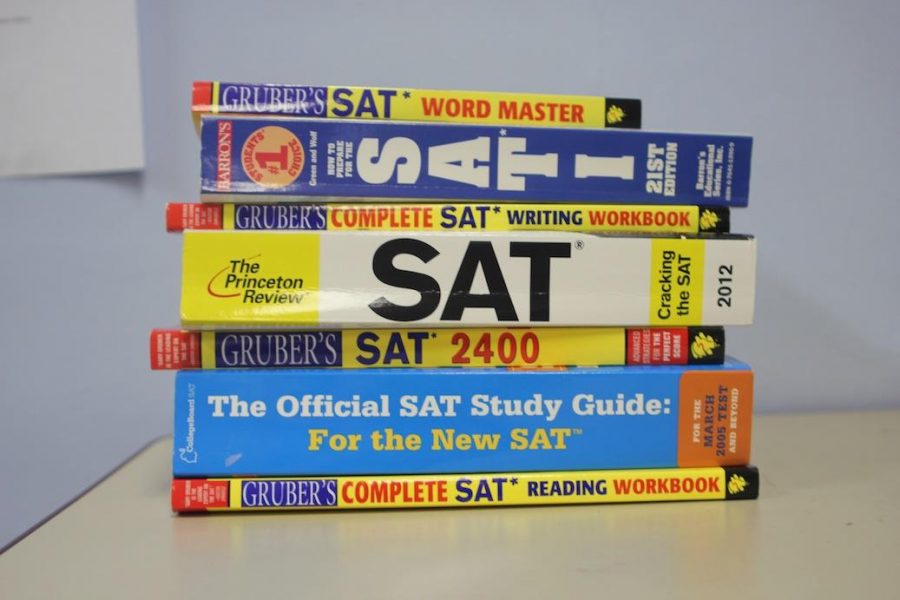
The first semester of senior year can make or break a student looking to attend college. With first-quarter grades to maintain, college applications to polish, and final opportunities to better standardized test scores, seniors have enough on their plate to keep them on edge until that first acceptance letter arrives. They usually can rely on their teachers, guidance counselors, and online accounts to lessen the burden and ensure that their supplement materials will arrive on time.
his year, however, many seniors experienced far more stress than necessary, as College Board, the infamous SAT company, experienced technical difficulties that delayed the delivery of thousands of students’ SAT scores to their top colleges. Concern arose regarding College Board’s ability to deliver scores by the November 1 early action deadline, and for some students, these fears came true.
According to patch.com, College Board generates a profit of $62,000,000 annually from students who require their services for college admission, so it is not asking too much to expect that they provide these services in an organized and efficient manner.
“They had one job,” said senior Allison Cullen, “Why weren’t they prepared?”
College Board’s lack of preparation this past fall has raised some major concerns: Why does College Board have to play such an integral role in a student’s college admissions process, and why are they making so much money despite their incompetence?
While many schools have adopted a test-optional policy, the majority of students will still need to take a standardized test and submit their scores to at least one of their schools. With countless workbooks and prep classes geared towards College Board’s SAT, the majority of students feel confident that they can succeed on the SAT and opt to take it at least once, already spending $54.50. If these scores aren’t satisfactory, students will likely opt to take it a second, or even a third time, spending the same amount of money on each attempt. Finally, if a student decides that their scores are satisfactory, or if they are applying to a school that requires standardized test scores, College Board will charge them an additional $11 (or $30 for quicker delivery) to send scores. By the end of the admissions process, it is quite likely that a student will have spent over a hundred dollars— a combination of having taken multiple tests and sending scores to multiple schools— simply to fulfill the admissions requirement. College is already expensive: tuition, fees, applications—students should not be forced to bear a heavier financial burden for the test-taking step of the application process.
If students must continue to use College Board’s services, they should at least be guaranteed a painless process. Between a brand new SAT without many prep options available and their apparent technical difficulties that prevented them from delivering students’ scores on time, College Board is causing some major difficulties, all while making millions. The new SAT will be administered for the first time in March, and will be based on the common core standards— putting students in low-income districts as well as students who are new to the curriculum at a disadvantage. How can these students possibly succeed if they lack the necessary resources to prepare for the test?
Aside from the new SAT, students already applying to colleges are facing serious College Board-related setbacks as well. As a result of the delayed scores, some students did not meet the early action deadline and were pushed into regular decision. “I missed the deadline for more than one school because of College Board’s issues with my scores,” said senior Catherine Shivers. For these students hoping to receive early action benefits, College Board’s incompetence prevented them from reaching their goal, and now they are facing the consequences for someone else’s incompetence.
Many students are working hard to be accepted to college. Among their responsibilities are essays, applications, and academic performance, so they should receive an adequate amount of help delivering their supplement materials, and should not be punished for mistakes they did not make. Since College Board is making so much money off of students, the SAT process should be fair, and the delivery of scores efficient. If mistakes still occur, colleges should look to other means of obtaining information from students, rather than penalize them. Why add to the stress of a student working rigorously and efficiently to meet the deadline and be accepted?














